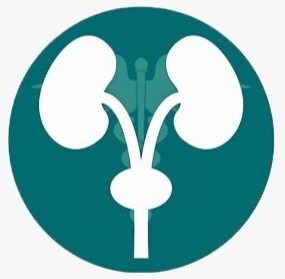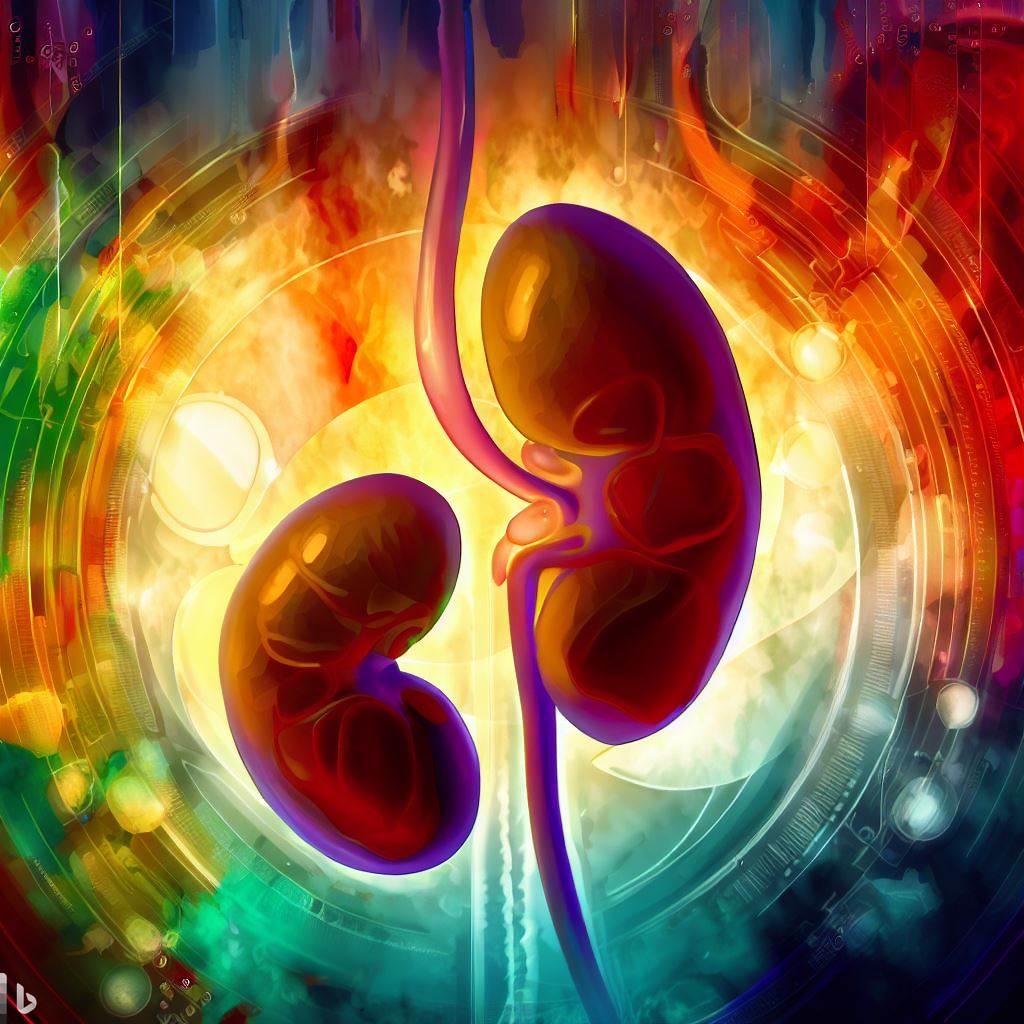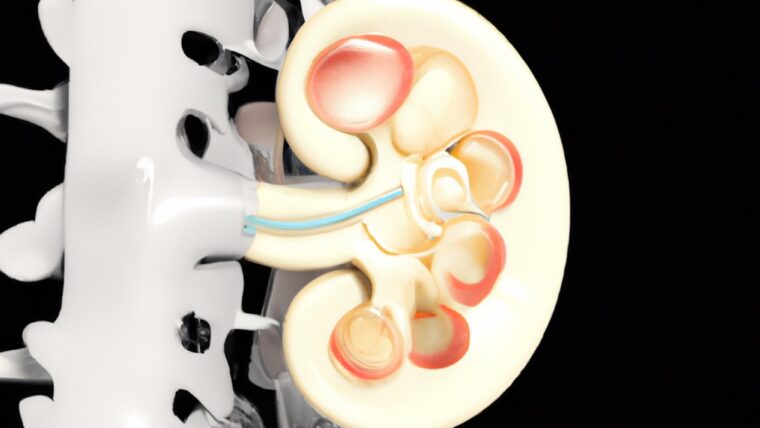Kidney stones can be a painful and recurring condition that affects many individuals. However, with the right strategies and lifestyle changes, it is possible to prevent the recurrence of kidney stones. This article will explore the importance of a healthy diet, proper hydration, and medication in reducing the risk of kidney stone formation. By implementing these preventive measures, individuals can take control of their kidney health and enjoy a stone-free life.
Understanding Kidney Stones and Recurrence
Kidney stones are hard deposits that form in the kidneys when certain substances in the urine, such as calcium, oxalate, and uric acid, become highly concentrated. These stones can vary in size and may cause severe pain and discomfort when they pass through the urinary tract. Recurrence of kidney stones is common, with a significant percentage of individuals experiencing another stone within a few years of the initial occurrence.
Importance of Diet in Preventing Kidney Stone Recurrence
Diet plays a crucial role in preventing the recurrence of kidney stones. By making certain dietary modifications, individuals can reduce the concentration of stone-forming substances in their urine. Here are some dietary tips to consider:
1. Stay Hydrated
Adequate hydration is essential in preventing the formation of kidney stones. Aim to drink plenty of water throughout the day to maintain urine volume and dilution. Proper hydration helps flush out toxins and prevents the concentration of stone-forming substances.
2. Limit Sodium Intake
High sodium intake can increase the amount of calcium in the urine, leading to the formation of calcium-based kidney stones. Limit your consumption of processed and packaged foods, which are typically high in sodium. Opt for fresh and natural foods instead.
3. Moderate Calcium Consumption
Contrary to popular belief, reducing calcium intake is not recommended for preventing kidney stones. In fact, inadequate calcium intake can increase the risk of stone formation. Instead, focus on consuming the recommended amount of calcium from dietary sources or as advised by your healthcare provider.
4. Reduce Oxalate-Rich Foods
Oxalate is a substance found in certain foods that can bind with calcium in the urine, forming calcium oxalate stones. Limit the consumption of oxalate-rich foods such as spinach, rhubarb, beets, nuts, and chocolate. However, complete elimination of these foods is not necessary unless advised by a healthcare professional.
5. Maintain a Healthy Weight
Obesity and excess body weight can increase the risk of kidney stone recurrence. Aim to maintain a healthy weight through a balanced diet and regular physical activity. Weight loss, if necessary, should be gradual and sustainable.
The Role of Hydration in Preventing Kidney Stone Recurrence
Proper hydration is crucial in preventing the recurrence of kidney stones. When the body is well-hydrated, urine production increases, and the concentration of stone-forming substances decreases. Here are some hydration tips to prevent kidney stone recurrence:
1. Drink Plenty of Water
Water is the best beverage for maintaining proper hydration. Aim to drink at least 8 glasses of water per day, or more if advised by your healthcare provider. Increase your water intake during hot weather or physical activity.
2. Include Citrus Fruits and Juices
Citrus fruits, such as oranges and lemons, contain citrate, a compound that can help prevent the formation of kidney stones. Incorporate citrus fruits and juices into your diet to benefit from their natural citrate content.
3. Limit Alcohol and Caffeine
Alcohol and caffeine can contribute to dehydration, which increases the risk of kidney stone formation. Limit your intake of alcoholic and caffeinated beverages, and opt for water and herbal teas instead.
Medication for Preventing Kidney Stone Recurrence
In some cases, healthcare providers may prescribe medication to individuals at high risk of kidney stone recurrence. These medications work by altering the composition of urine or reducing the concentration of stone-forming substances. Common medications used for preventing kidney stone recurrence include:
1. Thiazide Diuretics
Thiazide diuretics help reduce the amount of calcium in the urine, lowering the risk of calcium-based stone formation. They are often prescribed to individuals with high levels of urinary calcium.
2. Allopurinol
Allopurinol is prescribed to individuals with uric acid stones. It works by reducing the production of uric acid in the body, thereby preventing the formation of uric acid stones.
3. Potassium Citrate
Potassium citrate is commonly prescribed to individuals with specific types of kidney stones, such as calcium oxalate and uric acid stones. It helps increase urinary citrate levels, which inhibit the formation of these stones.
Conclusion
Preventing the recurrence of kidney stones requires a comprehensive approach that includes dietary modifications, proper hydration, and, in some cases, medication. By following a healthy diet low in sodium and oxalate, staying well-hydrated, and communicating with your healthcare provider, you can significantly reduce the risk of kidney stone formation. Remember to consult with a healthcare professional for personalized advice and guidance. Taking proactive steps to prevent kidney stone recurrence can lead to improved quality of life and overall kidney health.
FAQs
What is kidney stone surgery?
Kidney stone surgery refers to surgical procedures performed to treat kidney stones that are too large to pass naturally or causing severe symptoms. It may involve various techniques, such as shock wave lithotripsy, ureteroscopy, or percutaneous nephrolithotomy, depending on the size, location, and composition of the stones.
When is kidney stone surgery recommended?
Kidney stone surgery is typically recommended when the size of the stone is too large to pass on its own or if it is causing persistent symptoms, such as intense pain, urinary tract infections, or kidney damage. Your healthcare provider will evaluate your specific case and recommend surgery if necessary.
Are there risks associated with kidney stone surgery?
Like any surgical procedure, kidney stone surgery carries some risks. These may include bleeding, infection, damage to surrounding organs or structures, and anesthesia-related complications. However, these risks are relatively low, and your healthcare provider will discuss them with you before the procedure.
How long is the recovery period after kidney stone surgery?
The recovery period after kidney stone surgery can vary depending on the type of surgery performed and individual factors. In general, most individuals can expect a few days to a few weeks of recovery time. Your healthcare provider will provide specific instructions for post-operative care and follow-up appointments.
Can kidney stone surgery prevent future stone formation?
Kidney stone surgery is primarily performed to address existing stones and alleviate symptoms. However, it does not guarantee prevention of future stone formation. To prevent future kidney stones, lifestyle changes, dietary modifications, and medication may be recommended based on the underlying cause of stone formation. Consult with your healthcare provider for personalized preventive measures.
Are there alternative treatments to kidney stone surgery?
Depending on the size, location, and composition of the kidney stones, alternative treatments may be considered. These can include conservative measures such as increased fluid intake, dietary changes, and medications to help the stones pass naturally. Your healthcare provider will assess your situation and recommend the most appropriate treatment option.
How can I reduce the risk of needing kidney stone surgery?
To reduce the risk of needing kidney stone surgery, it is essential to take preventive measures. These include staying well-hydrated, following a balanced diet low in sodium and oxalate, maintaining a healthy weight, and addressing any underlying medical conditions that may contribute to stone formation. Regular follow-up with your healthcare provider and adhering to their recommendations can help minimize the risk.
Can kidney stones recur even after surgery?
Yes, kidney stones can recur even after surgery. It is crucial to follow preventive measures and make lifestyle changes to reduce the chances of stone formation. This may include dietary modifications, proper hydration, and medication as prescribed by your healthcare provider. Regular monitoring and follow-up visits are essential to detect any signs of recurrence and adjust the preventive strategies accordingly.
Remember to consult with a healthcare professional for personalized advice and information specific to your situation.




